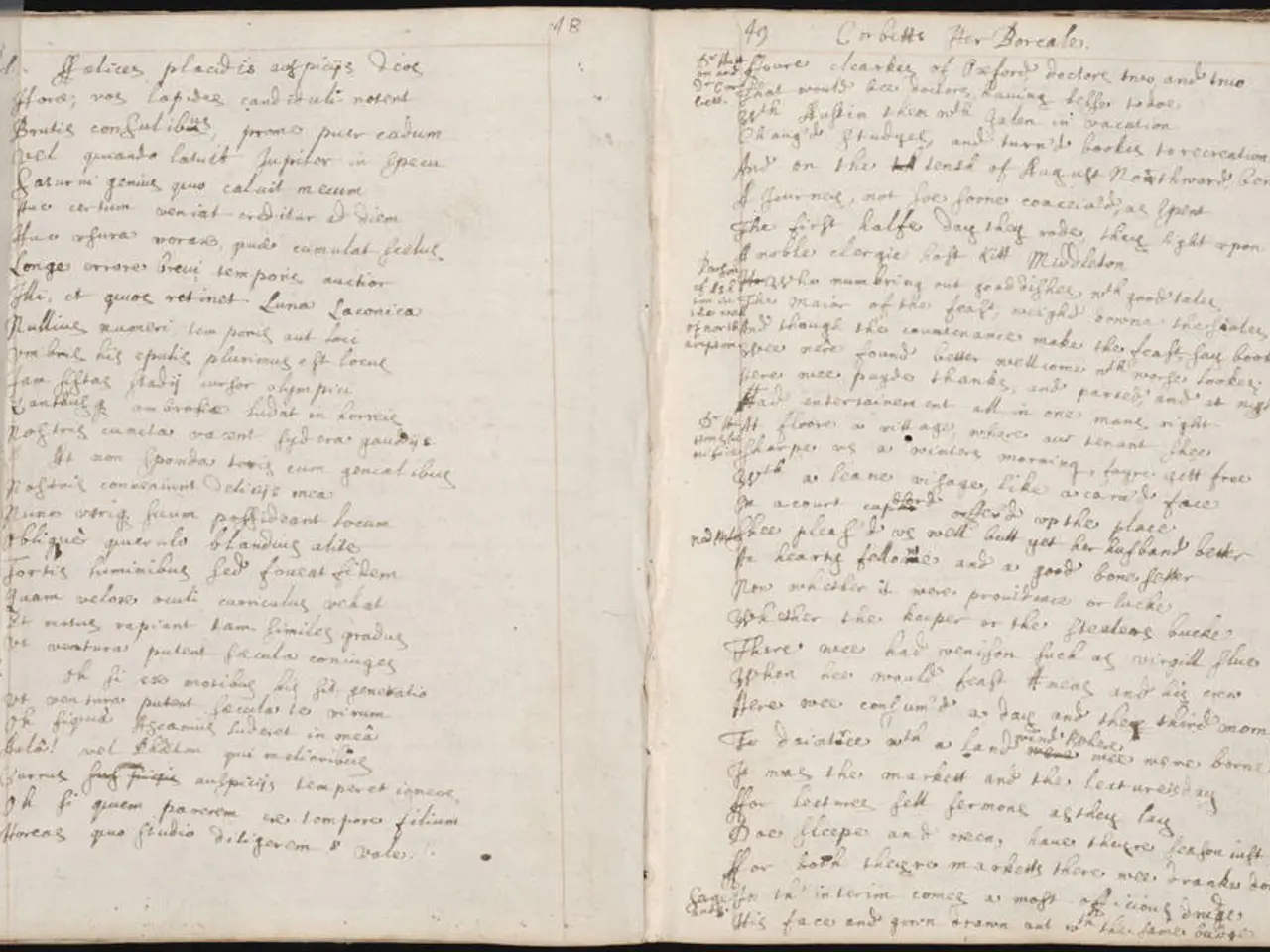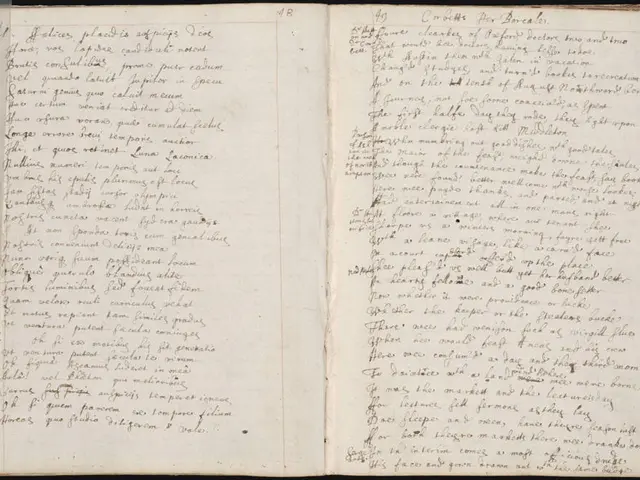Baffling Beginning of Prologue Predicament
=============================================================================
In a recent guest post on Relentless Writers, author Christina Dalcher delves into the contentious issue of prologues in fiction. Dalcher, who holds a Ph.D. from Georgetown University in Phonology and Phonetics, bases her opinions on her personal reading and the works of Stephen King.
Dalcher begins by stating that prologues have a bad reputation among literary agents, with the likes of Kristen Lamb, Andrea Brown, Carly Watters, and Janet Reid all generally disliking their use in fiction. According to these agents, prologues can often slow down the pace of a story, confuse readers, and even detract from the main narrative.
However, Dalcher points out that two of her own books have prologues, and she acknowledges that this may seem hypocritical. She argues that her opinions on prologues are not based on formal training or experience in the publishing industry, but rather on her own reading experiences and the works of Stephen King, who is known for his effective use of prologues.
To support her argument, Dalcher lists seventeen books by seventeen different famous writers, all of which have prologues. These include A Prisoner of Birth by Jeffrey Archer, From the Dust Returned by Ray Bradbury, The Lost Symbol by Dan Brown, Body of Evidence by Patricia Cornwell, Jurassic Park by Michael Crichton, All the Light We Cannot See by Anthony Doerr, The Name of the Rose by Umberto Eco, A Dangerous Fortune by Ken Follett, Hannibal Rising by Thomas Harris, Winter's Tale by Mark Helprin, Fallen by Lauren Kate, 'Salem's Lot by Stephen King, The Girl with the Dragon Tattoo by Stieg Larsson, Twilight by Stephenie Meyer, The Informationist by Taylor Stevens, The Bonfire of the Vanities by Tom Wolfe, and The Book Thief by Marcus Zuzak.
Dalcher goes on to argue that prologues can be effective when used to provide necessary background information, set the tone of the story, or foreshadow events to come. She cites examples from the works of Stephen King, such as 'Salem's Lot and The Shining, to illustrate her point.
However, Dalcher also acknowledges the risks associated with using prologues. She advises authors to ensure that their prologues are well-written and relevant, and to avoid using them as a crutch to explain away plot holes or to provide unnecessary exposition.
Andrea Brown, another literary agent, advises making the first chapter relevant and well-written instead of using a prologue. She argues that the first chapter should hook the reader and draw them into the story, rather than providing extraneous information that may not be necessary.
Carly Watters, another agent, agrees with Brown, stating that prologues in fiction should be avoided. She argues that the first chapter should be able to stand on its own without the need for a prologue, and that authors should focus on making the first chapter engaging and compelling.
Janet Reid, another literary agent, takes a strong stance against prologues, stating that she does not read them in a manuscript. She argues that prologues can slow down the pace of a story and distract the reader from the main narrative, and that authors should focus on making the first chapter engaging and compelling.
In conclusion, Dalcher argues that prologues can be effective when used to provide necessary background information, set the tone of the story, or foreshadow events to come. However, she also acknowledges the risks associated with using prologues and advises authors to ensure that their prologues are well-written and relevant, and to avoid using them as a crutch to explain away plot holes or to provide unnecessary exposition. Ultimately, the decision to use a prologue is a matter of personal preference and style, and authors should weigh the pros and cons carefully before making a decision.








